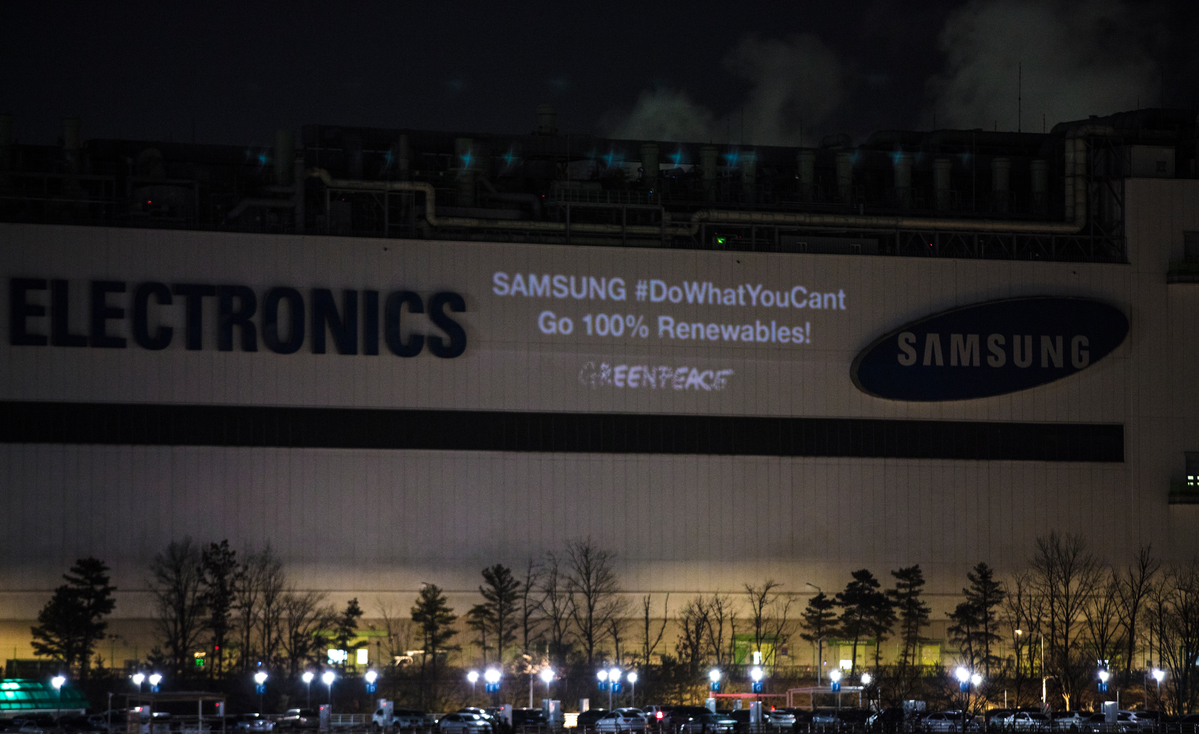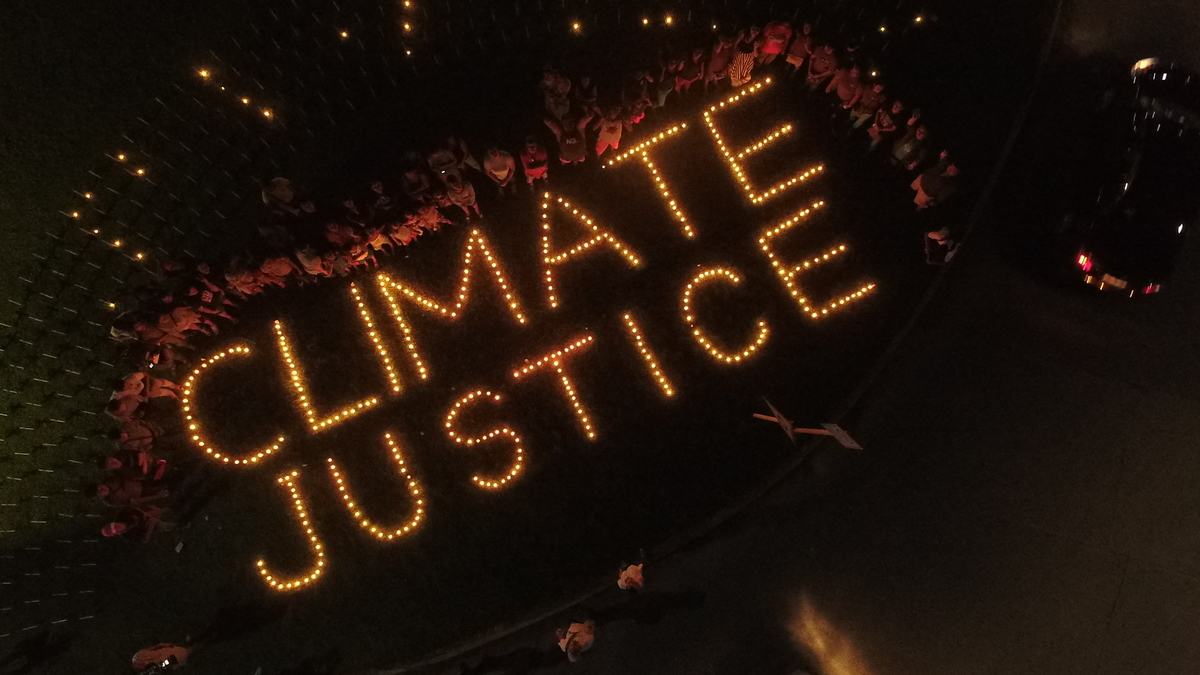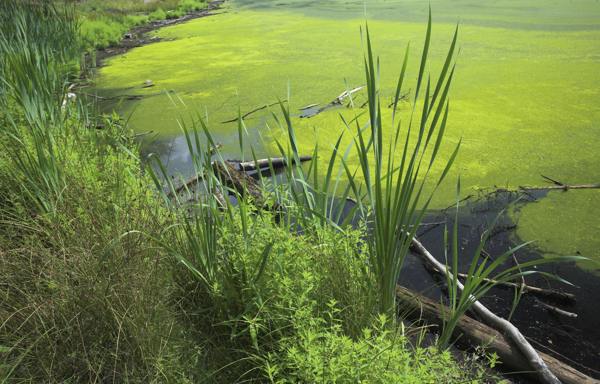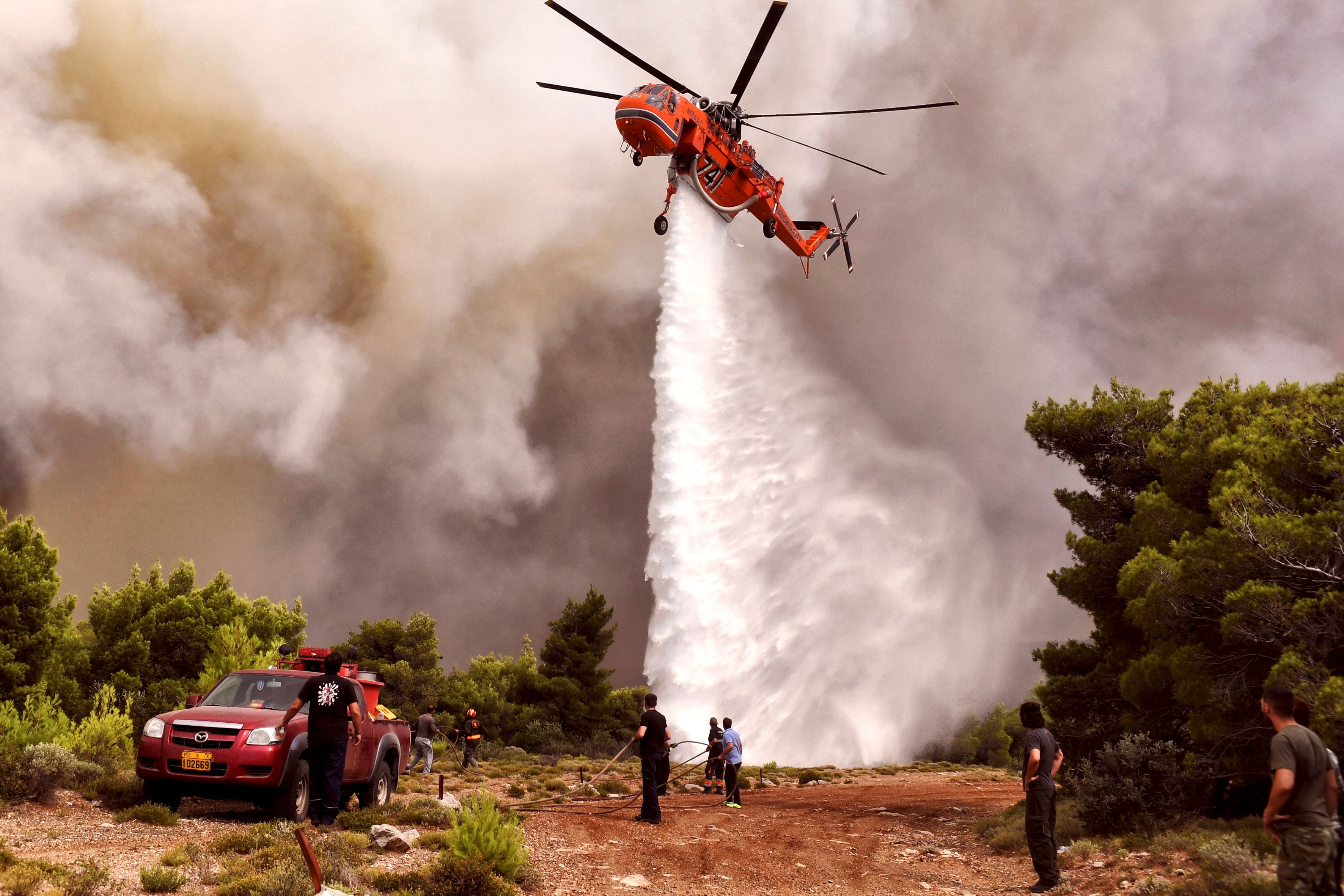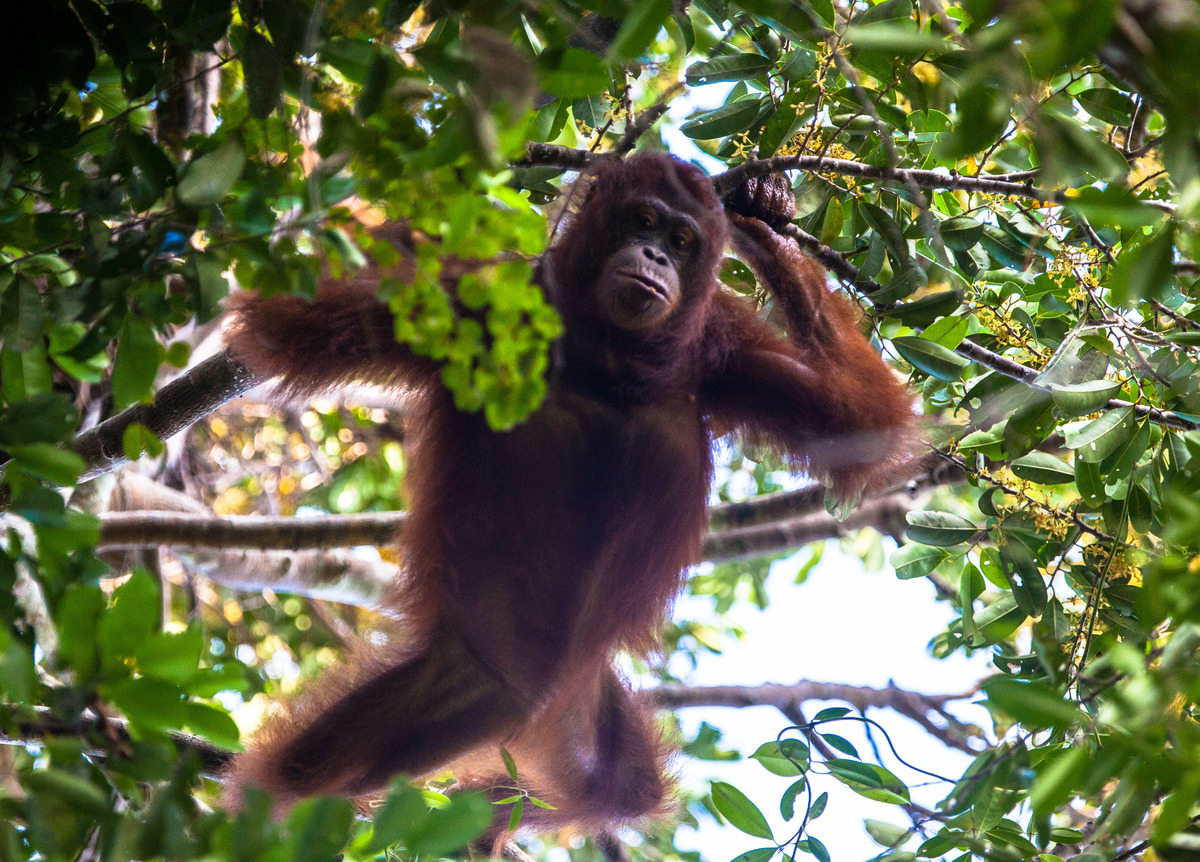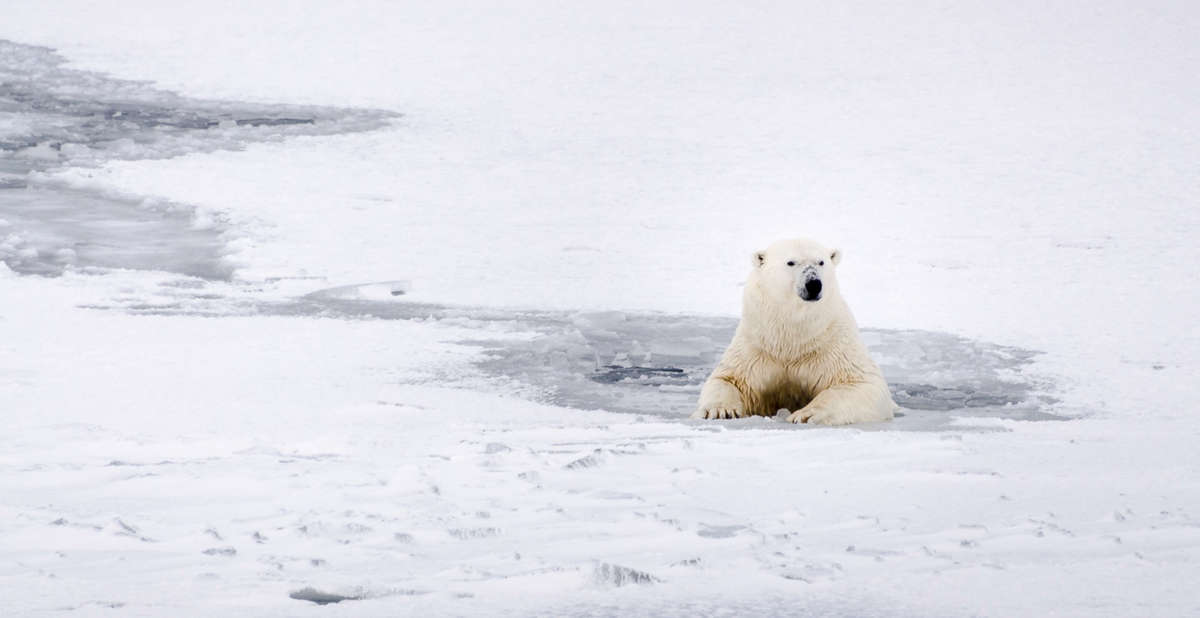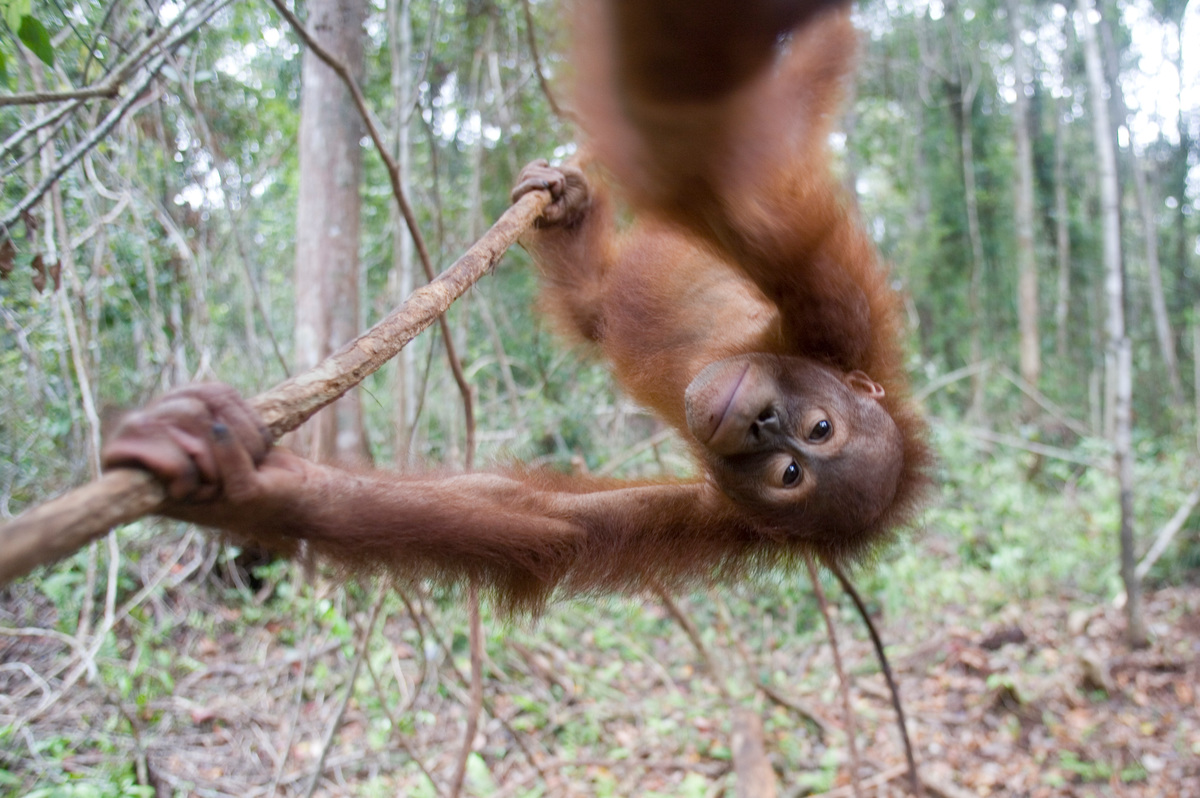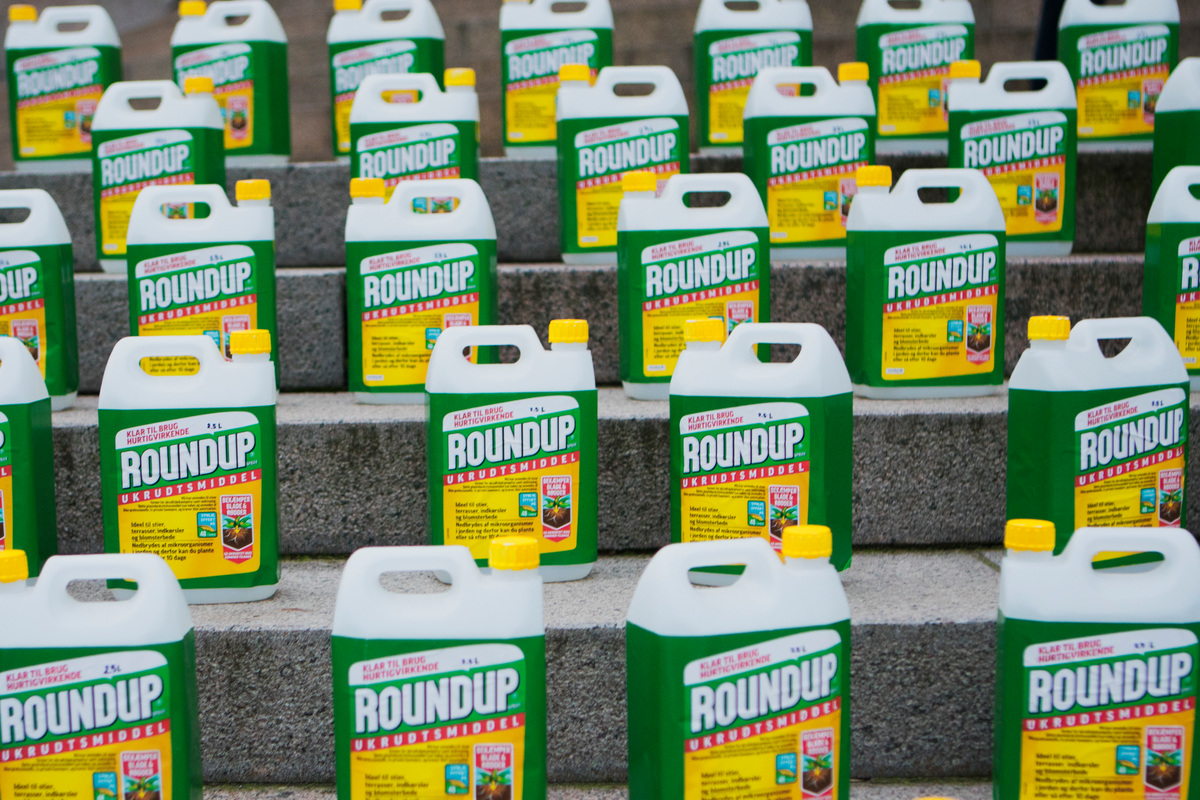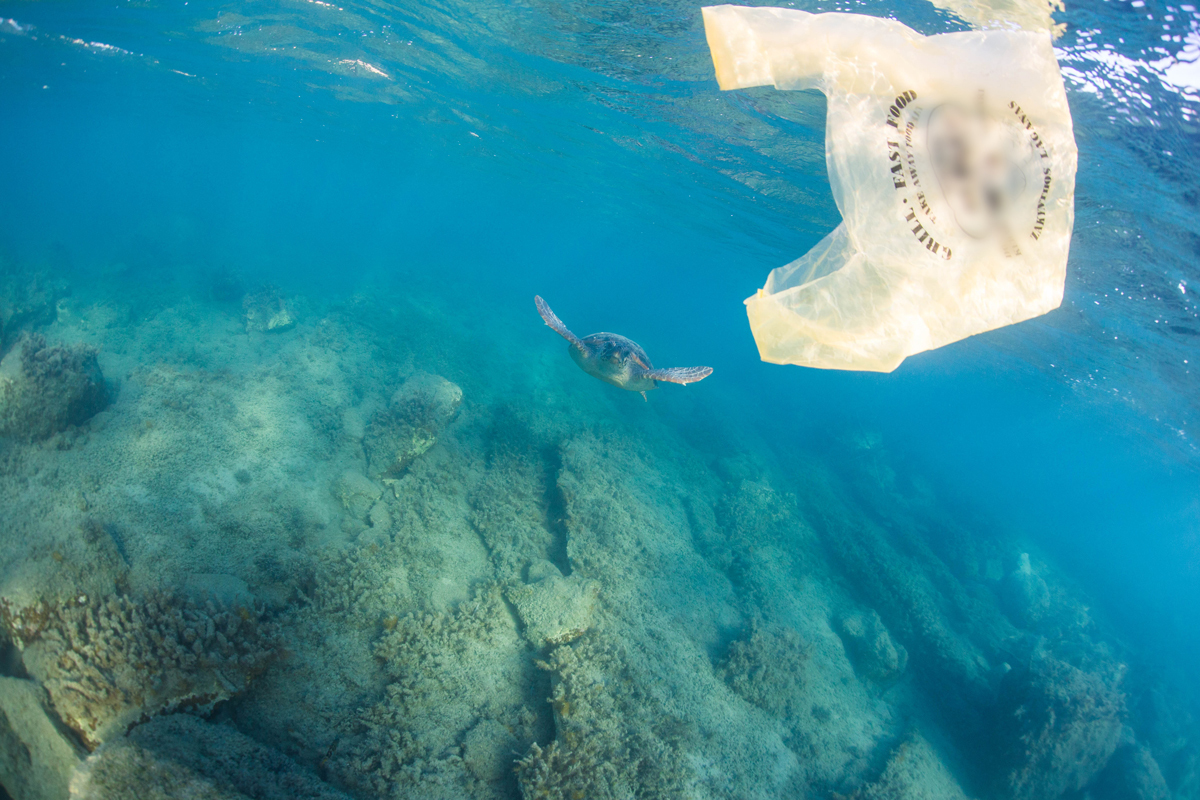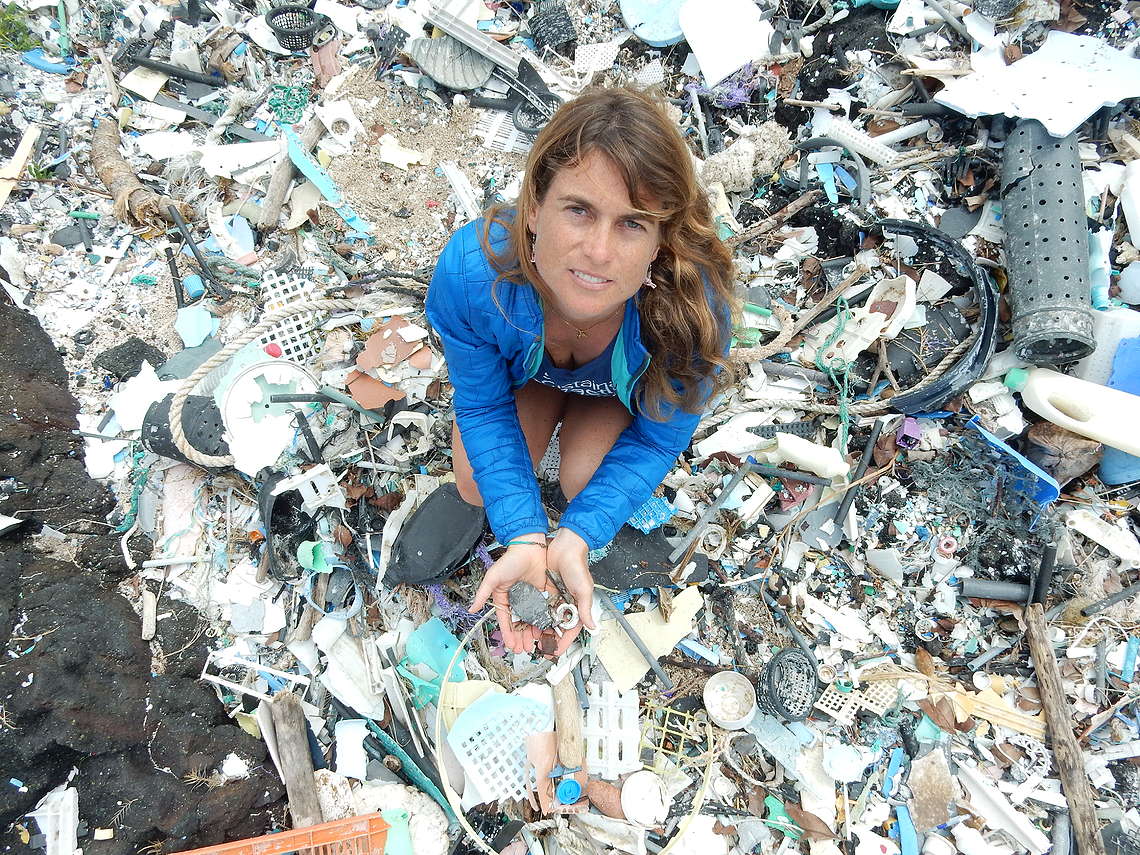News & Stories
Filtered results
-
Time to watch Samsung Do Bigger Things
Meaningful actions from powerful companies like Samsung are crucial if we are to stop catastrophic climate change.
-
How can we restore Earth’s nutrient cycles?
Humanity has already breached four of the nine ecological boundaries outlined in 2009 by Johan Rockström: climate change, loss of biodiversity, land-system change, and nutrient cycles.
-
Emma Thompson: “If we want to save orangutans from extinction we need to save their home”
For too long, big brands and the palm oil companies they buy from have been getting away with murder – I mean that quite literally. And for too long our response to orangutans has been, ‘ohhh, the poor things’ as we’re shown photographs of them orphaned, thin and at death’s door. But change is possible…
-
World Orangutan Day: Numbers in decline despite Indonesian government’s claims
“If hunting and forest loss are halted in the future this decline could be reversed, but to the best of our knowledge that has not happened yet."
-
Monsanto loses world’s first Roundup cancer trial — Greenpeace comment
“This is the latest in a long string of wake up calls. The WHO has called the main ingredient in RoundUp, glyphosate, ‘probably carcinogenic to humans’. Now the findings in this latest court case demonstrate that we need to stop the use of chemicals that can potentially harm human health and move to an ecological…

